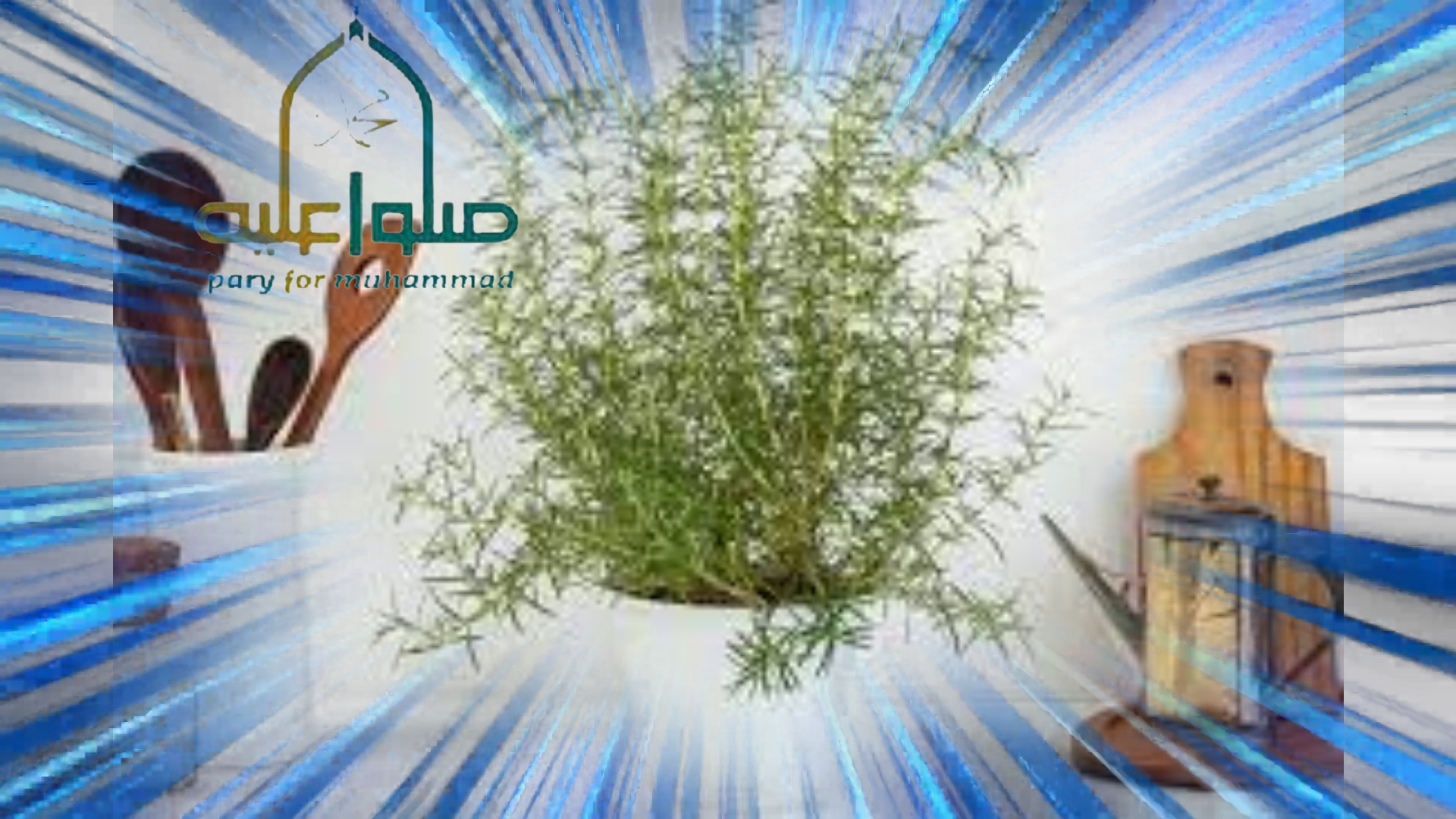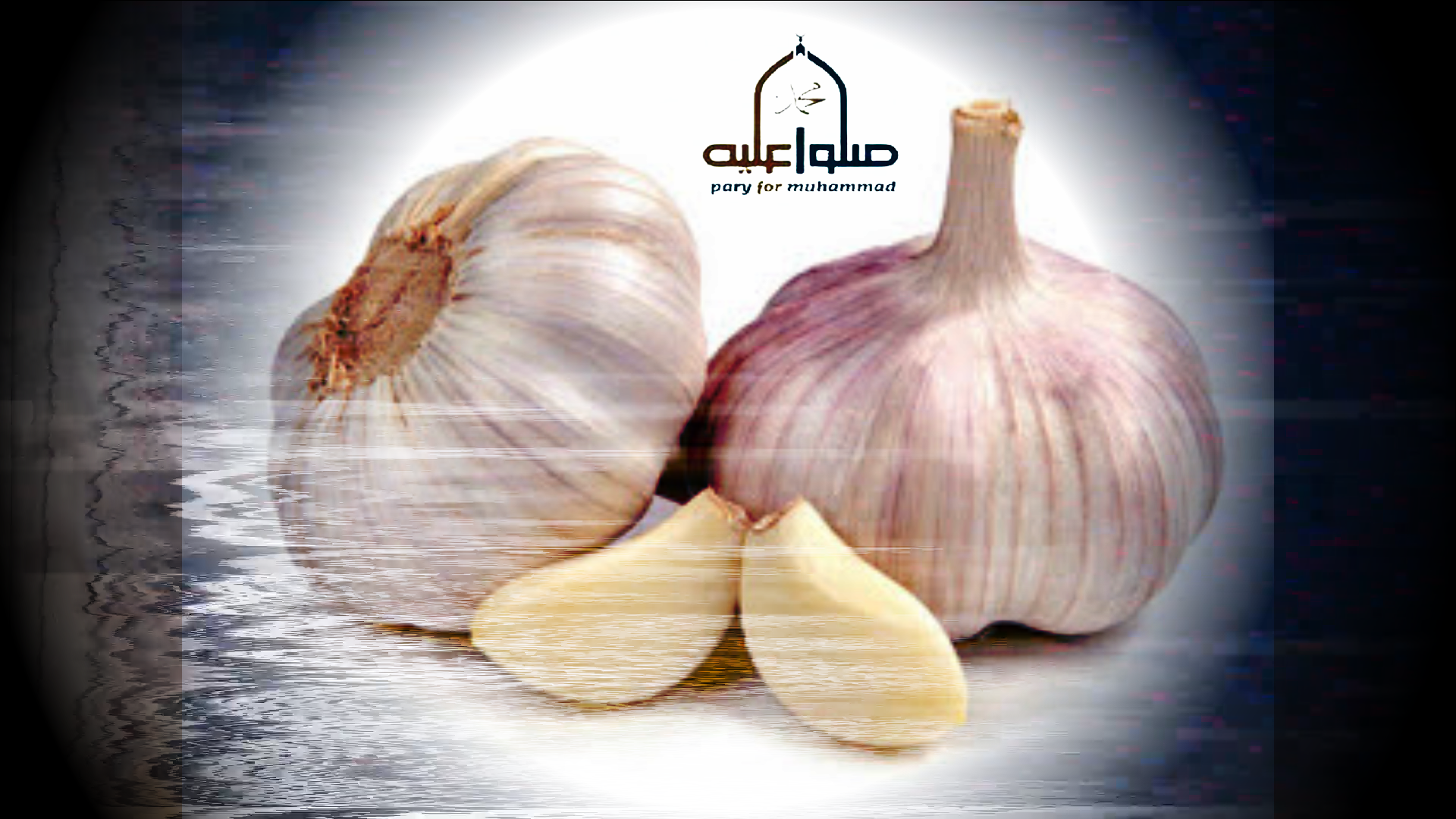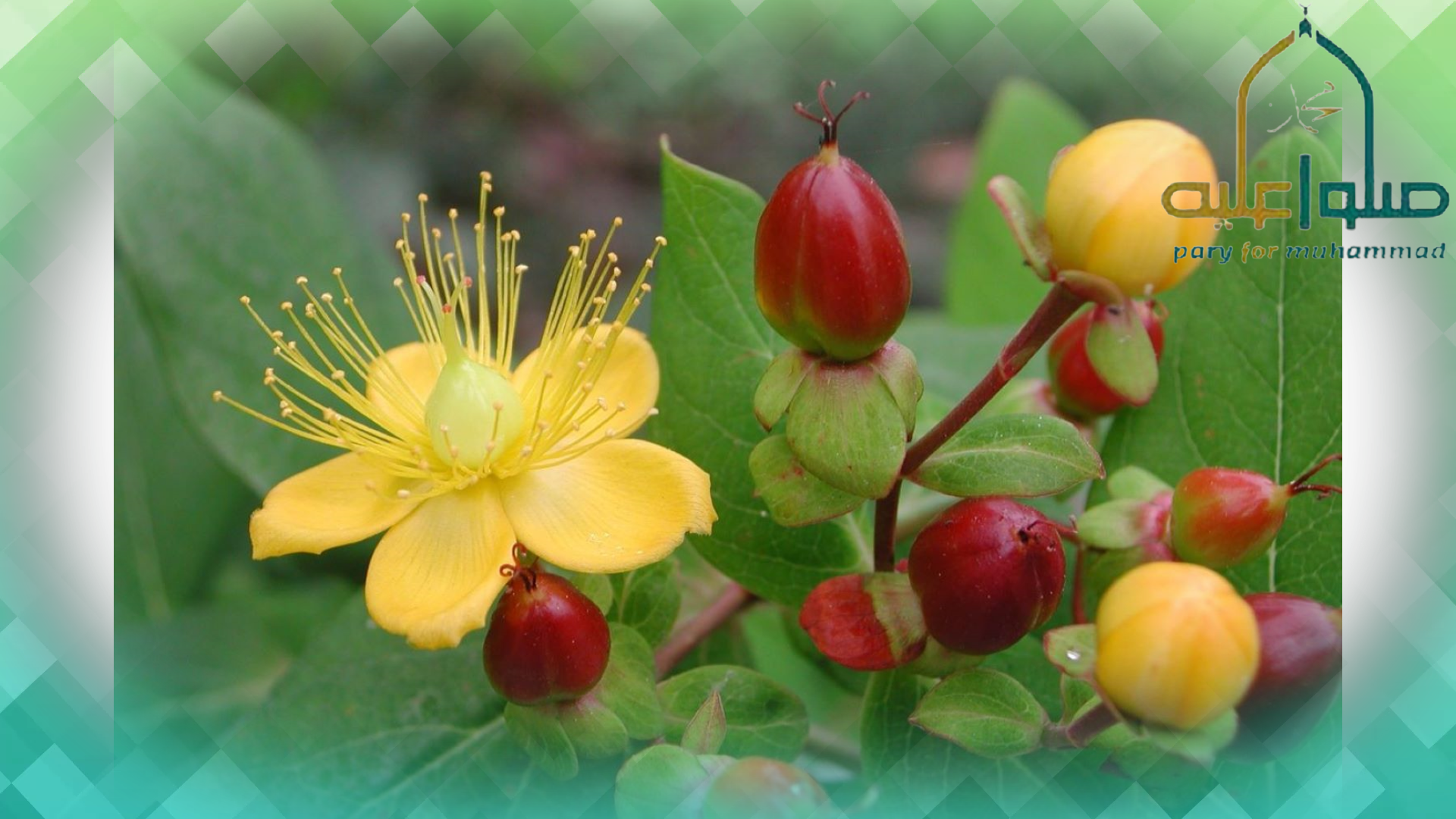Humans have used medicinal herbs for thousands of years to treat various diseases and health problems, and these medicinal herbs are still very popular, as different parts of these medicinal herbs, including leaves, bark, stems, roots, seeds, and flowers are used in making herbal remedies.
Medicinal herbs do not cure all diseases, and many of them have risks and side effects, and herbal remedies are not currently regulated by the Food and Drug Administration to determine their safety and effectiveness. So it is usually recommended to consult a doctor before using any herbal remedies
The most famous natural medicinal herbs
1- Chamomile herb
2-garlic
3-mint
4-Ginger
5-Turmeric
6-Echinacea herb
7-ginseng herb
8- Ginkgo biloba herb
9- St. John's wort
Chamomile herb
Chamomile is an effective medicinal herb in reducing anxiety and promoting relaxation. Chamomile is also used to aid wound healing, reduce inflammation, and swelling, and its proven effectiveness supports the popularity of this herbal remedy.
Chamomile is also commonly used as an antioxidant, antimicrobial, antidepressant, anti-inflammatory, and antidiarrheal. It is also useful for treating osteoarthritis of the knee, ulcerative colitis, premenstrual syndrome, and digestive disorders.
Although chamomile is considered safe for short-term oral use, little is known about the safety of long-term use of chamomile for medicinal purposes.
Also, chamomile can cause allergic reactions, with some people reporting anaphylaxis from its use. The use of chamomile should also be avoided by people who take blood thinners or cyclosporine. Because it can interact negatively with these medications.
the Garlic
Garlic is used all over the world in cooking, and it has many medicinal properties that make it classified as a medicinal herb. It has been proven that compounds isolated from garlic have several properties, including:
Antimicrobial properties, including viruses and bacteria.
Heart-beneficial properties.
Anti-cancer properties.
Anti-inflammatory properties.
These properties may play a role in the potential benefits of garlic in lowering cholesterol and blood pressure, and reducing the possibility of heart attacks and strokes, in addition to its ability to fight some types of cancer and reduce infectious respiratory diseases.
Garlic is considered a safe natural herb, but it can increase the risk of bleeding and should not be used with warfarin (a blood thinner). Large amounts of garlic should also not be taken before dental procedures or surgery.
mint
Peppermint is a popular herbal remedy, as it is used to promote relaxation and treat muscle aches and spasms. It is also beneficial for the health of the digestive system, heart, and blood vessels.
Peppermint can also help dilate the bronchi, thus improving the ability to breathe easily.
ginger
Ginger has been used extensively since the 16th century in many traditional medicines around the world. Ginger is used as a remedy for common ailments such as nausea, pain, and vomiting.
Ginger can help relieve nausea and vomiting for people undergoing surgery, motion-related nausea, pregnancy, or chemotherapy. It can also be effective in fighting some types of cancer.
Ginger is also an effective pain reliever, as it has anti-inflammatory and antioxidant properties. It may also help reduce pain and increase mobility in individuals with arthritis.
Ginger is considered safe when taken orally as a dietary supplement, but it can cause some mild side effects, including diarrhea, heartburn, abdominal discomfort, and gas, especially when taken in large doses.
turmeric
Turmeric has been used for thousands of years in both cooking and medicine, as it is a medicinal herb that possesses powerful anti-inflammatory, antioxidant, and antimicrobial properties.
Therefore, it can be used to treat a range of conditions, including:
Chronic inflammation.
Arthritis.
Metabolic syndrome.
Anxiety and depression.
Digestive problems.
Liver diseases.
respiratory system diseases.
Also, it can be used to prevent cardiovascular disease and fight cancer.
Supplements with turmeric and curcumin, the main active compound in turmeric, are widely considered safe, but they can cause diarrhea, headaches, or skin irritation, especially when taken in very high doses. It may also increase the risk of bleeding.
Echinacea herb
Echinacea, or echinacea, is a popular medicinal herb, which has long been used to treat a variety of ailments, including cuts, burns, acne, sore throats, fevers, stomach and colon disorders, toothaches, and arthritis. and cancer.
Currently, echinacea is mainly used to treat or prevent colds and to promote wound healing.
Echinacea can be taken as a tea or supplement, but it can also be used topically. People believe that echinacea roots have the strongest effect, but most parts of the plant can still be used, including the leaves, petals, and roots.
This medicinal herb can cause some side effects, such as nausea, stomach pain, and skin rashes. Also, when used for a long period of time, it can affect the liver and immune system.
ginseng herb
Ginseng is a common medicinal herb that is frequently used in traditional Chinese medicine to reduce inflammation and boost immunity, brain function, and energy levels.
Ginseng has many therapeutic properties, including:
Antioxidant properties.
Anti-inflammatory properties.
Anti-cancer properties.
Anti-diabetic properties.
Antiviral properties.
Anti-obesity properties.
Neuroprotective properties.
Although ginseng has been considered a medicinal herb for centuries, recent research supporting its effectiveness is lacking.
Possible side effects of ginseng include headache, poor sleep, and digestive problems. It is also recommended to monitor blood sugar levels while taking it, and to avoid using it with blood-thinning medications.
Ginkgo biloba herb
Ginkgo biloba, also known as ginkgo, is a medicinal herb that has been used in traditional Chinese medicine for thousands of years and remains one of the most widely used medicinal herbs today.
Ginkgo biloba herb contains a variety of powerful antioxidants that are believed to provide many therapeutic benefits for a number of diseases and health problems, including:
heart disease.
Circulatory problems.
Dementia and mental difficulties.
ED.
asthma.
chronic fatigue
Tinnitus.
Although this herb is well tolerated by most people, potential side effects include headache, dizziness, heart palpitations, gastrointestinal problems, and allergic reactions. It also should not be used in combination with anti-inflammatory drugs, anticoagulants, anticonvulsant drugs, or tricyclic antidepressants.
St. John's wort
St. John's wort is a medicinal herb that has been used for thousands of years and for various cases, including:
Depression, especially of mild to moderate severity.
wound healing.
Kidney disease.
lung diseases.
St. John's wort is also used to reduce symptoms of menopause and obsessive-compulsive disorder. It can also be used topically to reduce muscle pain and treat some skin conditions.
St. John's wort can cause some side effects, including dizziness, confusion, and dry mouth, and an individual's sensitivity to sunlight can increase when taking large doses of it.
It should be noted that this plant can have dangerous interactions with some medications, so it is important to consult a doctor before using this herbal remedy. St. John's wort should not be taken by patients taking antidepressants, as this may lead to a life-threatening increase in serotonin.


.png)







